-
×
 Gay Girl, Good God: The Story of Who I Was, and Who God Has Always Been
1 × ₦30,000.00
Gay Girl, Good God: The Story of Who I Was, and Who God Has Always Been
1 × ₦30,000.00 -
×
 A Stranger's Pose
1 × ₦9,000.00
A Stranger's Pose
1 × ₦9,000.00 -
×
 She Called Me Woman: Nigeria’s Queer Women Speak
1 × ₦9,000.00
She Called Me Woman: Nigeria’s Queer Women Speak
1 × ₦9,000.00 -
×
 Her Rantings: a 21st century woman's voyage of enlightenment
1 × ₦10,000.00
Her Rantings: a 21st century woman's voyage of enlightenment
1 × ₦10,000.00 -
×
 Niyi Osundare: A Literary Biography
1 × ₦5,000.00
Niyi Osundare: A Literary Biography
1 × ₦5,000.00 -
×
 Purpose in Crisis
1 × ₦5,000.00
Purpose in Crisis
1 × ₦5,000.00 -
×
 King Leopold's Ghost
1 × ₦12,500.00
King Leopold's Ghost
1 × ₦12,500.00
You may be interested in…
-
Add
 Your Problem is That You're Multi-talented
₦5,000.00
Your Problem is That You're Multi-talented
₦5,000.00 -
Add
 Getting Mentorship Right
Rated 5 out of 5₦5,000.00
Getting Mentorship Right
Rated 5 out of 5₦5,000.00


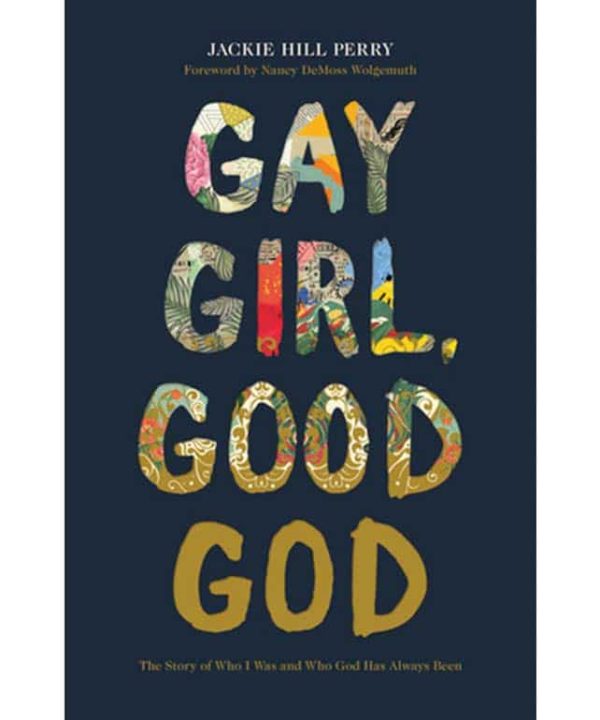 Gay Girl, Good God: The Story of Who I Was, and Who God Has Always Been
Gay Girl, Good God: The Story of Who I Was, and Who God Has Always Been 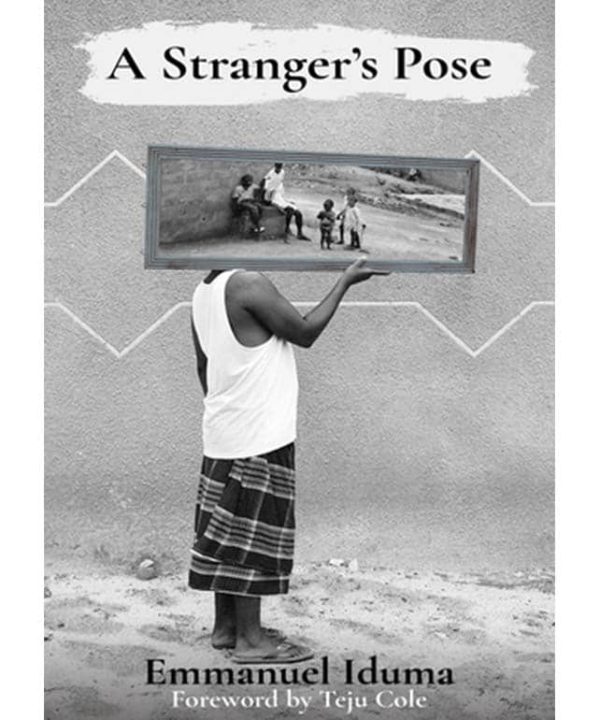 A Stranger's Pose
A Stranger's Pose 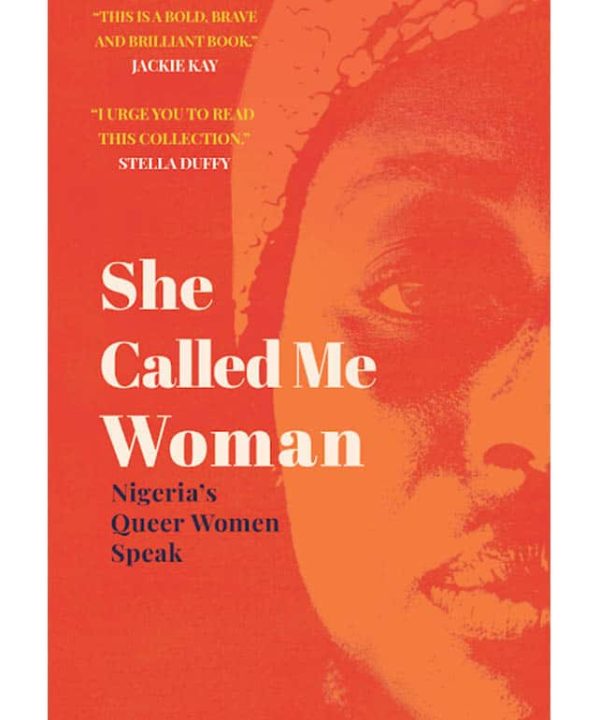 She Called Me Woman: Nigeria’s Queer Women Speak
She Called Me Woman: Nigeria’s Queer Women Speak  Her Rantings: a 21st century woman's voyage of enlightenment
Her Rantings: a 21st century woman's voyage of enlightenment 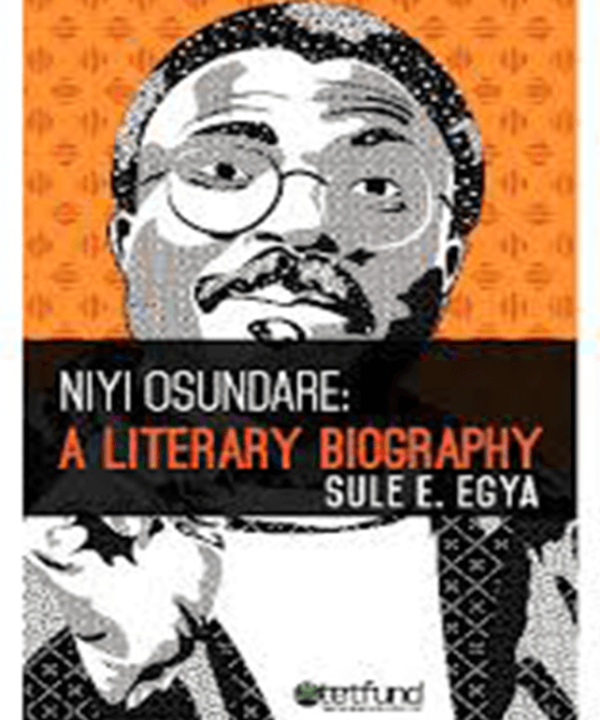 Niyi Osundare: A Literary Biography
Niyi Osundare: A Literary Biography 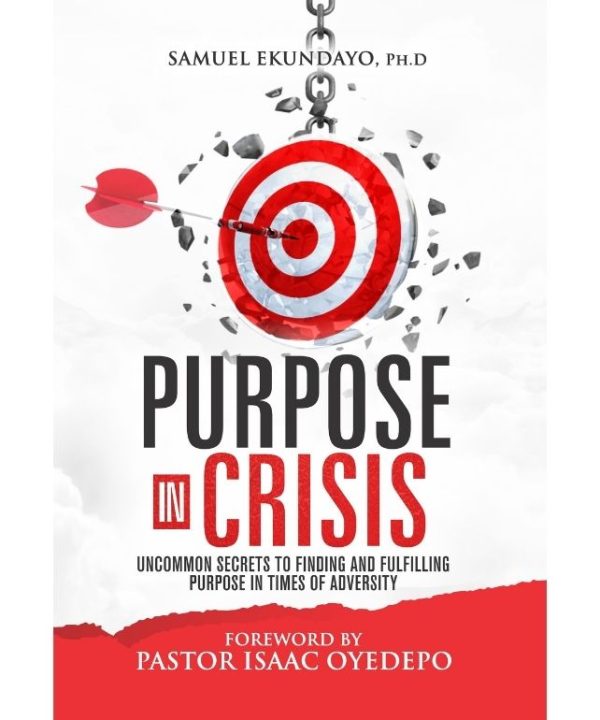 Purpose in Crisis
Purpose in Crisis 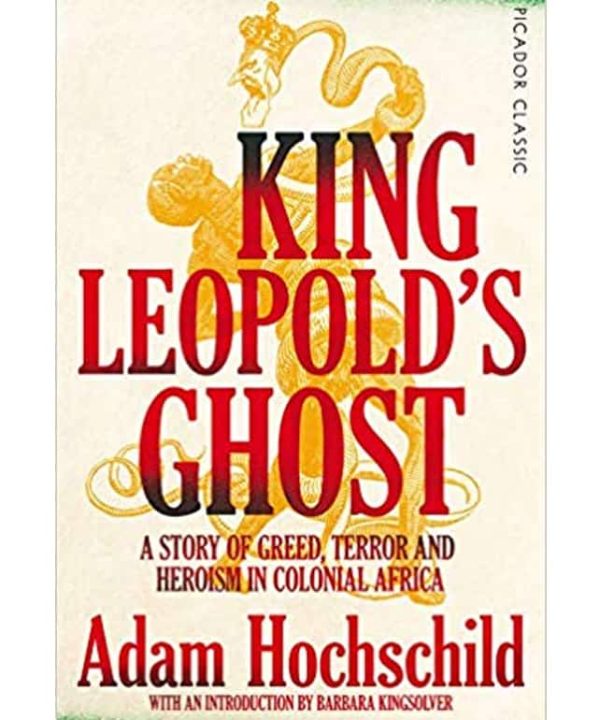 King Leopold's Ghost
King Leopold's Ghost 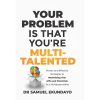


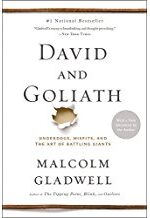
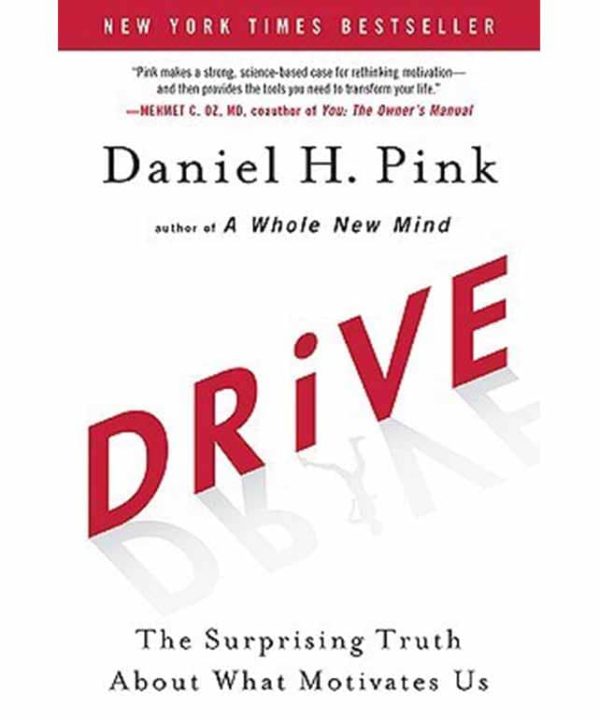
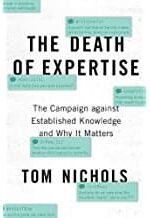

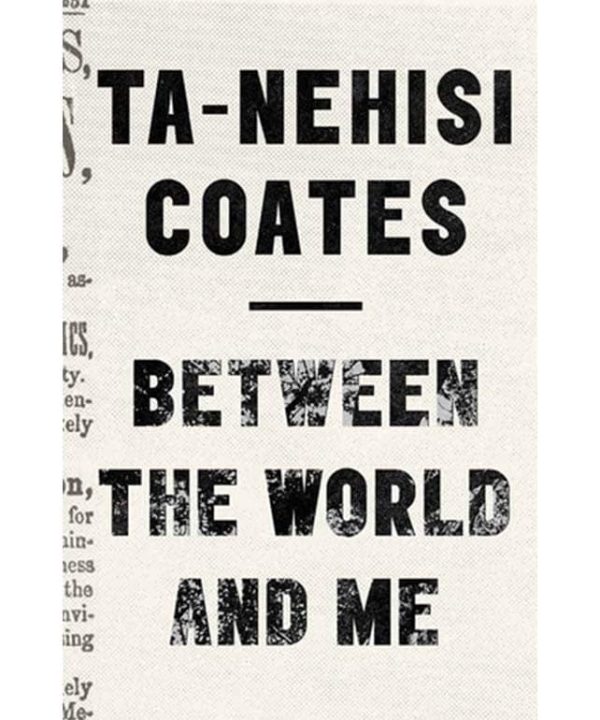
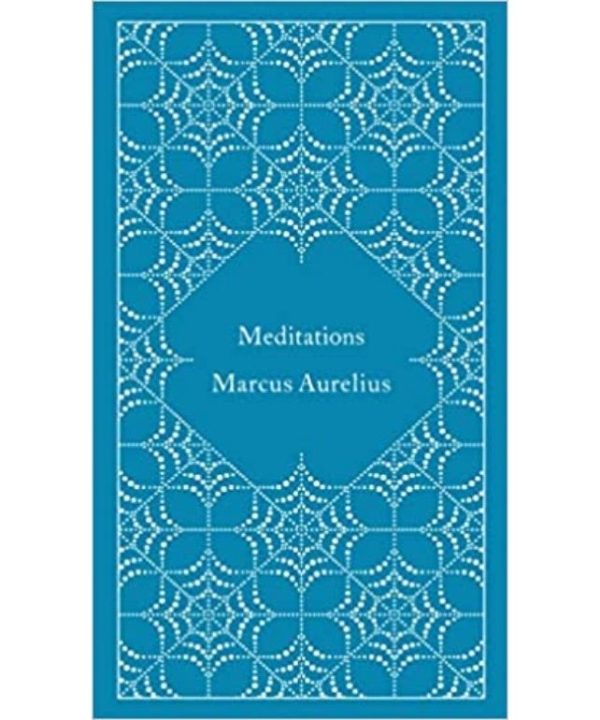
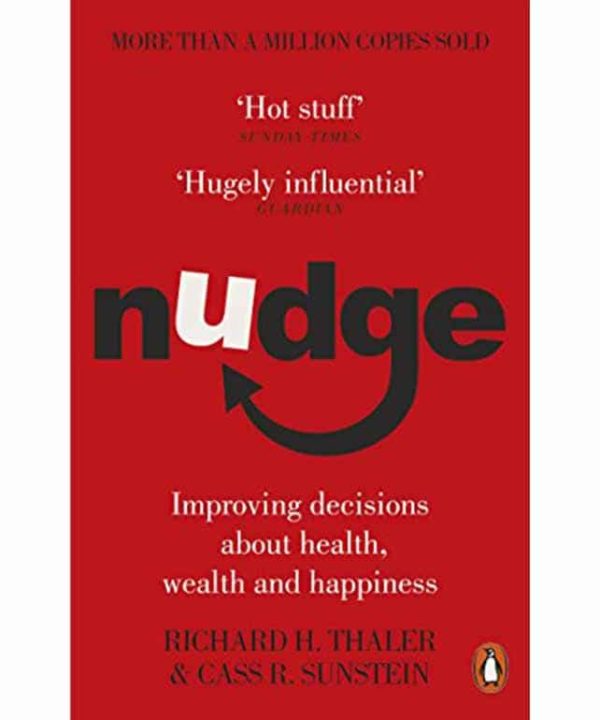
Mark Lekan Lalude –
From the Malawian Prophet Bushiri to Brighton Elliot Moyo, the rise of Pentecostalism in Africa has brought with it, a wave of elaborate scams and has provided an outlet for a social catharsis. It has produced pastors who were more illusionists than they were evangelists of the gospel of the truth. In the past, Pentecostalism in Nigeria has seen a bizarre trade of bottles of miracle water, handkerchiefs of deliverance and car stickers of breakthroughs. Miracles packaged like magical solutions are the selling point, and the theatrics of Pentecostal divinity has become an art to be learnt. The image of attention-seeking preachers who contrive dramatic ways to transcend the usual, now defines the superficialness of Pentecostal showmanship. The image of men in fancy suits and deliberate glitz has now become the identity of Pentecostalism on the continent.
From Nigeria to South Africa, general overseers who walk on red carpets and fly private jets and who are worshipped by their members are a sign of the desperation of many Africans to get respite in a divine alternative in the absence of good governance. The commercialization of divine hope across the region is a multi-billion dollar industry that has thrived despite economic recessions across African countries in the wake of COVID-19. In Nigeria, during the COVID-19 lockdown, a Nigerian pastor, Jonhson Suleman had boasted in a video that went viral on social media, that he bought his third private jet during the pandemic and wished the pandemic stayed. The aspiration for non-taxable opulence has inspired many to exploit faith without consequences.
Yinka Olomojobi’s book, Pentecostalism and the Gospel of the Belly dares the norm by criticizing the materialistic pursuit of Pentecostalism in Nigeria. But Nigeria is not the only country where the exploitative materialism of Pentecostalism holds ground. Around Africa, Pentecostalism has grown, with churches springing up everywhere on the continent. Olomojobi’s criticism of Pentecostalism is that it has not attempted to dissociate itself from the practices that cast a shadow on its authenticity. Olomojobi points to the fact that Pentecostalism with its claim to a redemptive value has not saved a country like Nigeria from corruption, just like elsewhere in Africa. What could be worse? Olomojobi might have understated the problem since, many times, it has been seen that many Pentecostal pastors have impliedly supported the ills perpetrated by members of their church and sometimes have been at the fsore of the crime itself. An instance was the pastor, Emmanuel Ekwem, who was caught with drugs at the Murtala Muhammed International Airport in Lagos by the drug law operatives while trying to board a flight to Kenya for a three-week crusade. Ollomojobi has argued in his book that the obscene materialism that plagues Pentecostalism is a threat to the image of Christianity.
The book is a reminder that the criticisms of Pentecostalism that are lost to the din of rowdy congregations that assert that their exploitation is not the business of outsiders, are well-founded on the logic that the materialism that has come to define modern Pentecostalism is a dangerous one, not just to the church but to societies. Olomojobi’s book holds a distinguished merit as a scholarly exploration of the dangers of a flawed gospel. A gospel that redirects social priorities and dilutes political consciousness is one that will continue to delay the emergence of an African Age of Enlightenment. The book is a manual for the deconstruction of the inanities of Pentecostalism and a firm attempt to force the African Christian to reason beyond the flawed dogmas instituted by eccentric general overseers.
Olalekan Moyosore Lalude
Olalekan Moyosore Lalude is a Nigerian lawyer, thinker, essayist and short story writer. He is a currently a doctoral student at the School of Law and Security Studies, Babcock University. He has been published under the name Mark Lekan Lalude.
Mark Lekan Lalude –
Yinka Olomojobi’s book, Pentecostalism and the Gospel of the Belly dares the norm by criticizing the materialistic pursuit of Pentecostalism in Nigeria. But Nigeria is not the only country where the exploitative materialism of Pentecostalism holds ground. Around Africa, Pentecostalism has grown, with churches springing up everywhere on the continent. Olomojobi’s criticism of Pentecostalism is that it has not attempted to dissociate itself from the practices that cast a shadow on its authenticity. Olomojobi points to the fact that Pentecostalism with its claim to a redemptive value has not saved a country like Nigeria from corruption, just like elsewhere in Africa. What could be worse? Olomojobi might have understated the problem since, many times, it has been seen that many Pentecostal pastors have impliedly supported the ills perpetrated by members of their church and sometimes have been at the fsore of the crime itself. An instance was the pastor, Emmanuel Ekwem, who was caught with drugs at the Murtala Muhammed International Airport in Lagos by the drug law operatives while trying to board a flight to Kenya for a three-week crusade. Ollomojobi has argued in his book that the obscene materialism that plagues Pentecostalism is a threat to the image of Christianity.
The book is a reminder that the criticisms of Pentecostalism that are lost to the din of rowdy congregations that assert that their exploitation is not the business of outsiders, are well-founded on the logic that the materialism that has come to define modern Pentecostalism is a dangerous one, not just to the church but to societies. Olomojobi’s book holds a distinguished merit as a scholarly exploration of the dangers of a flawed gospel. A gospel that redirects social priorities and dilutes political consciousness is one that will continue to delay the emergence of an African Age of Enlightenment. The book is a manual for the deconstruction of the inanities of Pentecostalism and a firm attempt to force the African Christian to reason beyond the flawed dogmas instituted by eccentric general overseers.
Olalekan Moyosore Lalude
Olalekan Moyosore Lalude is a Nigerian lawyer, thinker, essayist and short story writer. He is a currently a doctoral student at the School of Law and Security Studies, Babcock University. He has been published under the name Mark Lekan Lalude.